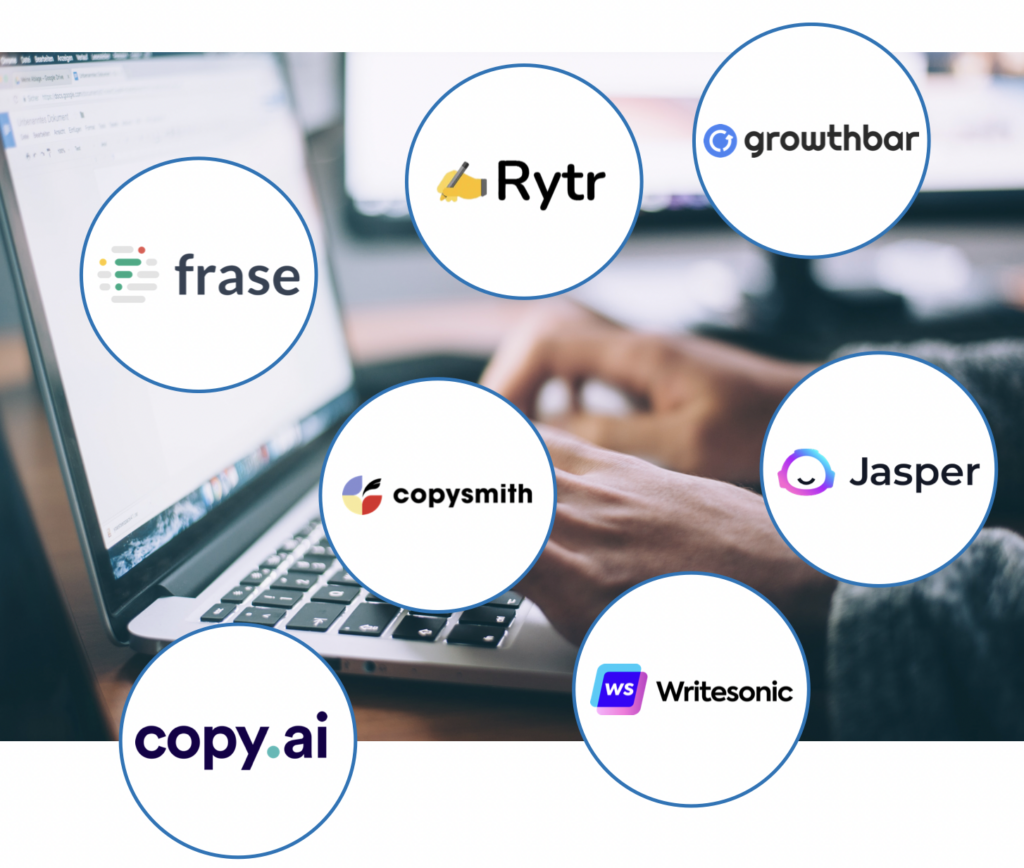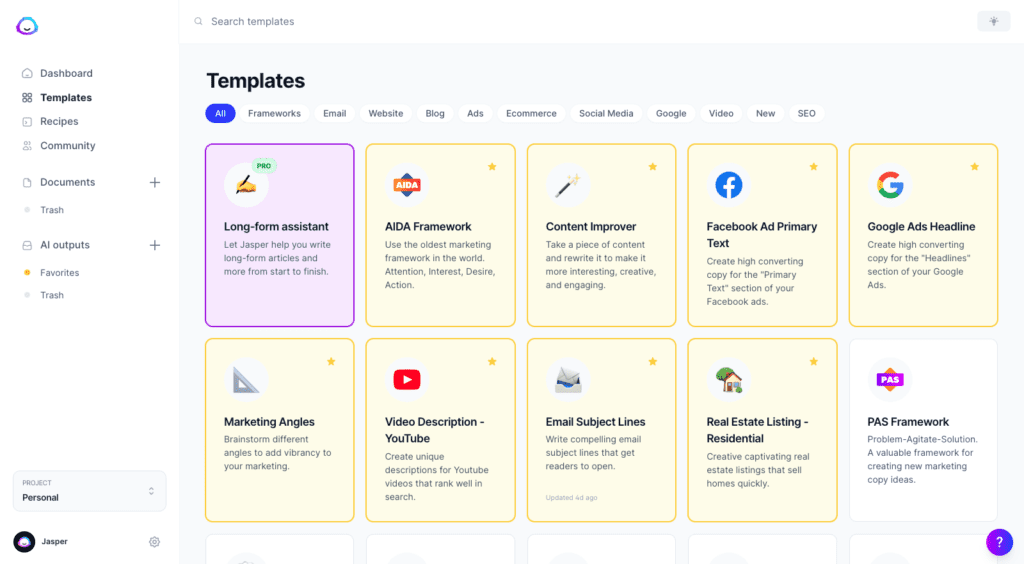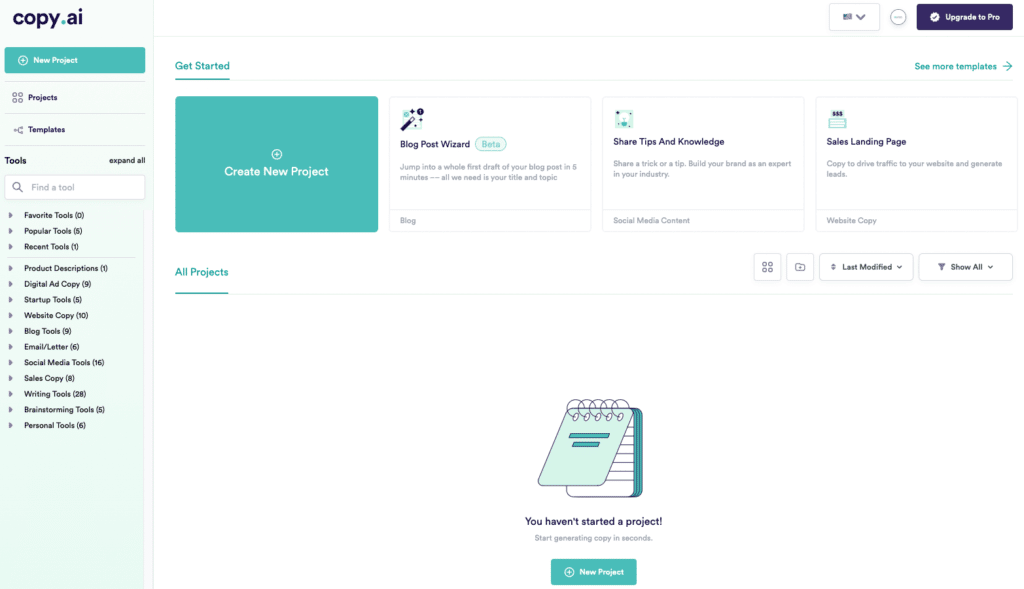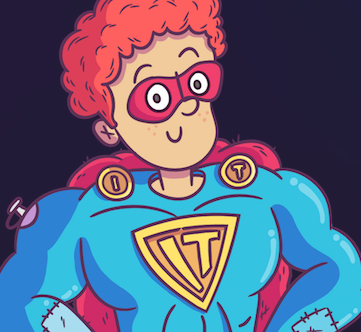
Introduction
AI-powered content creation is revolutionising the way businesses approach their marketing strategies. With the advancements in artificial intelligence technology, companies can now generate high-quality, personalised content at scale, saving time and resources while maximising their marketing efforts. In today’s competitive landscape, businesses must stay ahead of the curve and leverage AI to enhance their marketing strategy.
Benefits of Using AI in Marketing Strategy
One of the key benefits of using AI in marketing strategy is increased efficiency and productivity. AI-powered content creation platforms can generate content in a fraction of the time it would take a human to do so. This allows businesses to produce more content and reach a wider audience without sacrificing quality.
Another advantage of AI-powered content creation is improved accuracy and consistency. AI algorithms are designed to analyse data and generate content that aligns with the brand’s voice and style guidelines. This ensures that content is consistent across different channels and maintains the brand’s identity.
AI also facilitates improved personalisation and targeting. By analysing customer data and Behaviour, AI algorithms can generate content tailored to individual preferences and interests. This level of personification helps businesses connect with their target audience on a deeper level and increase engagement.
Furthermore, AI-powered content creation is cost-effective. Hiring a team of content creators can be expensive, especially for small businesses. AI platforms offer an affordable alternative, allowing companies to generate high-quality content without breaking the bank.
How AI-Powered Content Creation Works
AI-powered content creation relies on two key technologies: machine learning and natural language processing (NLP).
Machine learning is a subset of AI that enables computers to learn from data and improve their performance over time. Machine learning algorithms are used in content creation to learn from large datasets of existing content. They then use this knowledge to generate new content that is similar in style and tone.
Natural language processing is a branch of AI that focuses on the interaction between computers and human language. NLP algorithms analyse and understand human language, allowing computers to generate coherent and contextually relevant content.
The process of generating content using AI involves several steps. First, the AI platform analyses the brand’s content, including blog articles, social media posts, and product descriptions. It then uses this data to train its algorithms and understand the brand’s voice and style.
Next, the AI platform analyses data from various sources, such as customer Behaviourelevant and engaging content that is relevant and engaging. The algorithms take into account factors such as target audience demographics, preferences, and interests to create personalised content.
Finally, the AI platform generates content that human marketers can review and edit to ensure quality and alignment with the brand’s objectives.
Types of content that can be created using AI
AI-powered content creation platforms can generate a wide range of content types, including:
1. Social media posts: AI algorithms can analyse data from social media platforms to generate engaging and relevant posts that resonate with the target audience.
2. Blog articles: AI platforms can generate articles on various topics, using data from existing reports to understand the brand’s style and tone.
3. Email marketing campaigns: AI algorithms can analyse customer data and behaviour to generate personalised email marketing campaigns that drive engagement and conversions.
4. Product descriptions: AI platforms can generate persuasive and informative reports highlighting a product’s key features and benefits.
5. Ad copy: AI algorithms can generate compelling ad copy that grabs the target audience’s attention and drives them to take action.
Examples of successful AI-powered marketing campaigns
Several companies have successfully used AI-generated content to enhance their marketing strategy. One such example is The Washington Post, which uses an AI-powered platform called Heliograf to generate news articles. Heliograf analyses data from various sources, such as sports scores and election results, to create real-time news updates. This has allowed The Washington Post to cover more stories and reach a wider audience.
Another example is Airbnb, which uses AI to generate personalised user recommendations. By analysing user data and preferences, Airbnb’s AI algorithms can suggest relevant listings and experiences, increasing user engagement and bookings.
Furthermore, Coca-Cola used an AI-powered content creation platform to generate personalised marketing messages for its “Share a Coke” campaign. The platform analysed customer data and generated unique messages that included the recipient’s name, increasing the campaign’s impact and driving customer engagement.
Integrating AI into your existing marketing strategy
To incorporate AI-generated content into your current marketing plan, it is essential to start by identifying areas where AI can add value. This could be in content creation, personalisation, or data analysis. Once you have recognised these areas, you can explore different AI platforms and choose the one that best fits your needs.
It is also important to balance AI with human creativity and input. Although AI can create a lot of content, human marketers are important for reviewing and editing the content to make sure it is high quality and matches the brand’s goals.By combining the strengths of AI and human creativity, businesses can create a powerful marketing strategy that resonates with their target audience.
Tips for optimising AI-generated content
While AI-generated content can be highly effective, it is essential to edit and refine it to ensure its quality and effectiveness. Here are some tips for optimising AI-generated content:
1. Review and edit: Take the time to review and edit the AI-generated content to ensure it aligns with your brand’s voice and style guidelines. Make any necessary adjustments to improve clarity and coherence.
2. Add a human touch: Inject creativity into the content by adding personal anecdotes or storytelling elements. This will help make the content more relatable and engaging.
3. Test and iterate: Continuously test and iterate your AI-generated content to optimise its performance. Monitor key metrics such as engagement, conversions, and customer feedback to identify areas for improvement.
4. Combine AI with human insights: Use AI-generated content as a starting point and leverage human insights to add value. Human marketers can provide unique perspectives and ideas that can enhance the effectiveness of the content.
Future of AI in marketing
The future of AI-powered content creation is promising, with potential advancements and developments on the horizon. AI algorithms can generate even more personalised and targeted content as they become more sophisticated. This will enable businesses to connect with their target audience on a deeper level and drive higher engagement and conversions.
Furthermore, advancements in natural language processing will allow AI algorithms to understand the context better and generate more coherent and contextually relevant content. This will further enhance the quality and effectiveness of AI-generated content.
As AI technology improves, we will see new uses of AI in marketing. Some examples are generating content through voice commands and providing virtual reality experiences. These advancements will open new possibilities for businesses to engage with their audience and create immersive marketing experiences.
Conclusion
In conclusion, AI-powered content creation offers numerous benefits for businesses looking to maximise their marketing strategy. From increased efficiency and productivity to enhanced personalisation and targeting, AI can revolutionise how companies approach content creation.
To implement AI in your marketing strategy, identify areas where AI can add value and explore different AI platforms that align with your needs. Remember to balance AI with human creativity and input to ensure the quality and effectiveness of the content.
Lastly, stay up-to-date with advancements in AI technology to leverage the latest tools and techniques in your marketing strategy. By embracing AI-powered content creation, businesses can stay ahead of the curve and drive meaningful results in today’s competitive landscape.






